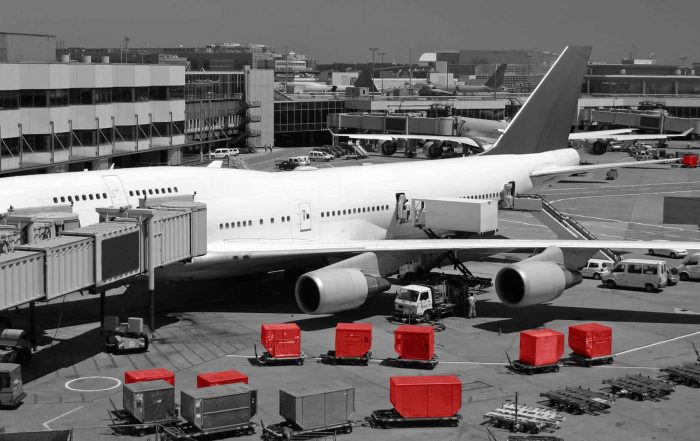The recent changes in US tariffs have stirred up conversations across the globe, particularly among those involved in international trade. Understanding how these tariffs impact imports and exports is crucial for businesses, especially those in the logistics and freight forwarding sectors. In this article, we’ll delve into the specifics of how US tariffs influence international freight forwarding, shipping routes, and logistics companies, especially those operating between the United States and the United Kingdom.
Understanding US Tariffs
US tariffs are taxes imposed by the government on imported goods, and they can significantly affect the cost and flow of international trade. These tariffs are often used as a tool to protect domestic industries from foreign competition and can vary widely across different sectors and countries.
Recent updates in US trade policy have raised questions and concerns among international freight companies. These changes can lead to increased costs for shipping goods to the USA from the UK and other countries. The impact of tariffs extends to every link in the supply chain, from international freight forwarding companies to individual consumers.
Impact on International Freight Forwarding
International freight forwarding companies play a pivotal role in managing the complexities of global trade. With new US tariffs, these companies are faced with several challenges:
Increased Shipping Costs
Tariffs often lead to higher shipping costs, which can affect both import and export. For freight forwarder companies, this means reevaluating shipping routes and strategies. Companies might explore ocean freight cargo.
Adjusting to New Regulations
Freight forwarding services must stay updated with the latest regulations and tariff changes. Compliance is crucial to avoid delays. For logistics companies in the UK, understanding these nuances is key to smooth operations.
Shifts in Shipping Routes
The introduction of tariffs can shift traditional routes; for example, using cargo by sea may be more viable than air shipping. International freight forwarding services might adapt by focusing more on sea freight.
Sea Freight vs. Air Freight
Shipping from China to the UK, for example, often uses sea freight due to cost-effectiveness. However, with tariffs, freight forwarder companies might need to reassess the balance between air and sea freight logistics.
The Role of Freight Agents
Freight agents play a critical role in navigating these challenges. Their logistics and tariff regulations expertise helps companies make informed decisions.
Effects on Logistics Companies
Logistics companies, particularly in England, must adapt to US tariff updates. Both large and niche players need to assess impact on their services and strategies.
Impact on Supply Chains
The supply chain is sensitive to disruption. Tariffs can increase lead times and costs, affecting everything from manufacturers to end consumers. Logistics firms must coordinate closely with freight forwarders to maintain efficiency.
Strategic Planning and Adaptation
For logistics companies, strategic planning is crucial. That includes investing in technology to track shipments and staying ahead with future changes in US tariffs to anticipate operational impacts.
Conclusion
The recent changes in US tariffs present both challenges and opportunities for the international freight forwarding and logistics industries. While they may complicate shipping logistics, they also drive innovation and adaptation among freight companies.
As global international trade continues evolving, freight forwarders and logistics companies must stay agile. By adapting, they can continue to facilitate global trade effectively.
In conclusion, while US tariffs can complicate the import and export process, they also offer opportunities to refine operations and strategies. Staying informed ensures businesses can thrive in the competitive world of international freight logistics. With 35 years in business, K&L Freight can provide you with up to date guidance on the industry and cost – effective solutions for your international freight needs. Contact us today
RELATED POSTS
AOG Logistics: How We Move Aircraft Parts Fast
When an aircraft is AOG (Aircraft on Ground), every minute matters. Maintenance teams need the right part in the right[...]
Repatriation Logistics: Getting it Right Every Time
When a death occurs overseas, families need clear, compassionate support to arrange repatriation—the safe return of their loved one’s remains[...]


